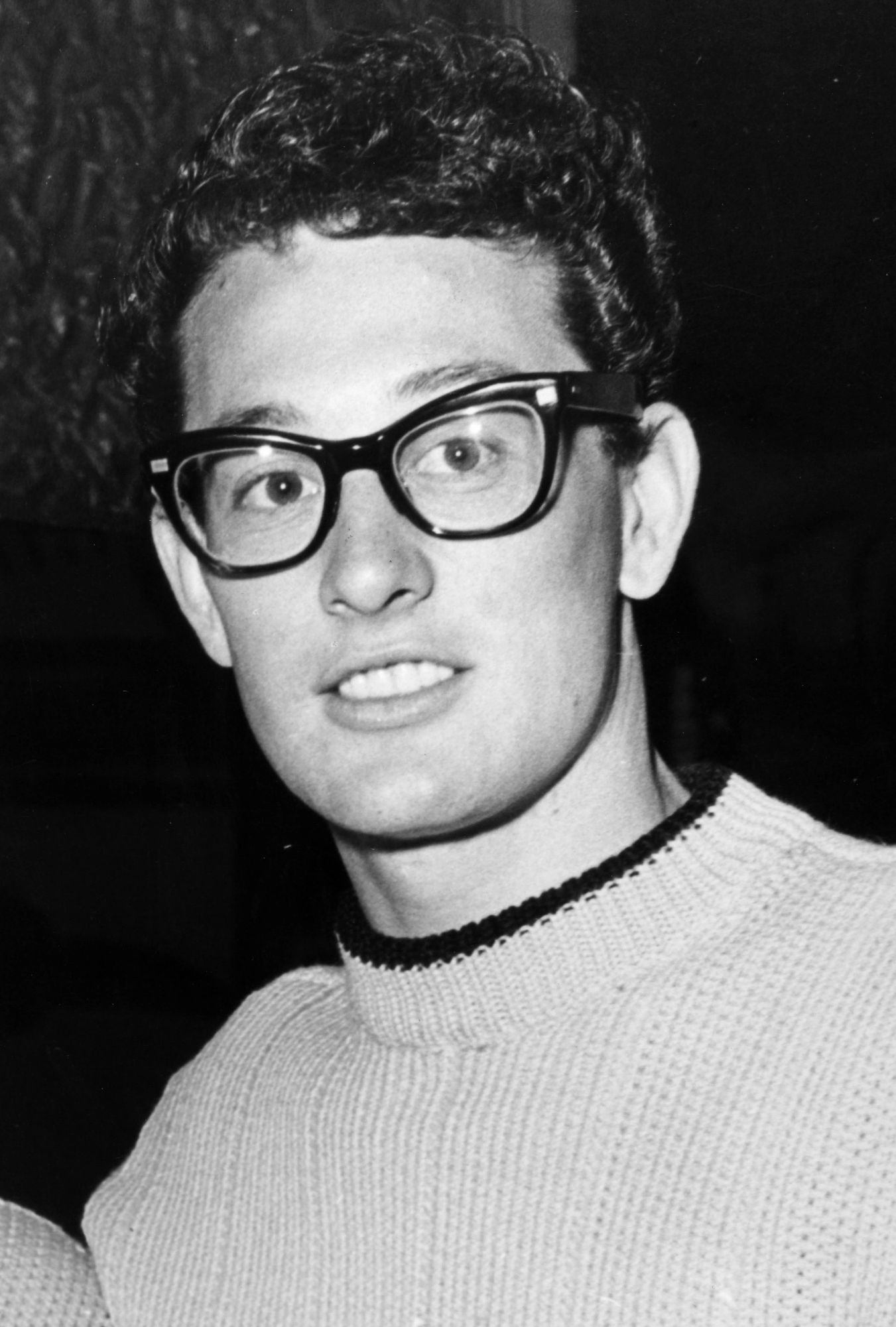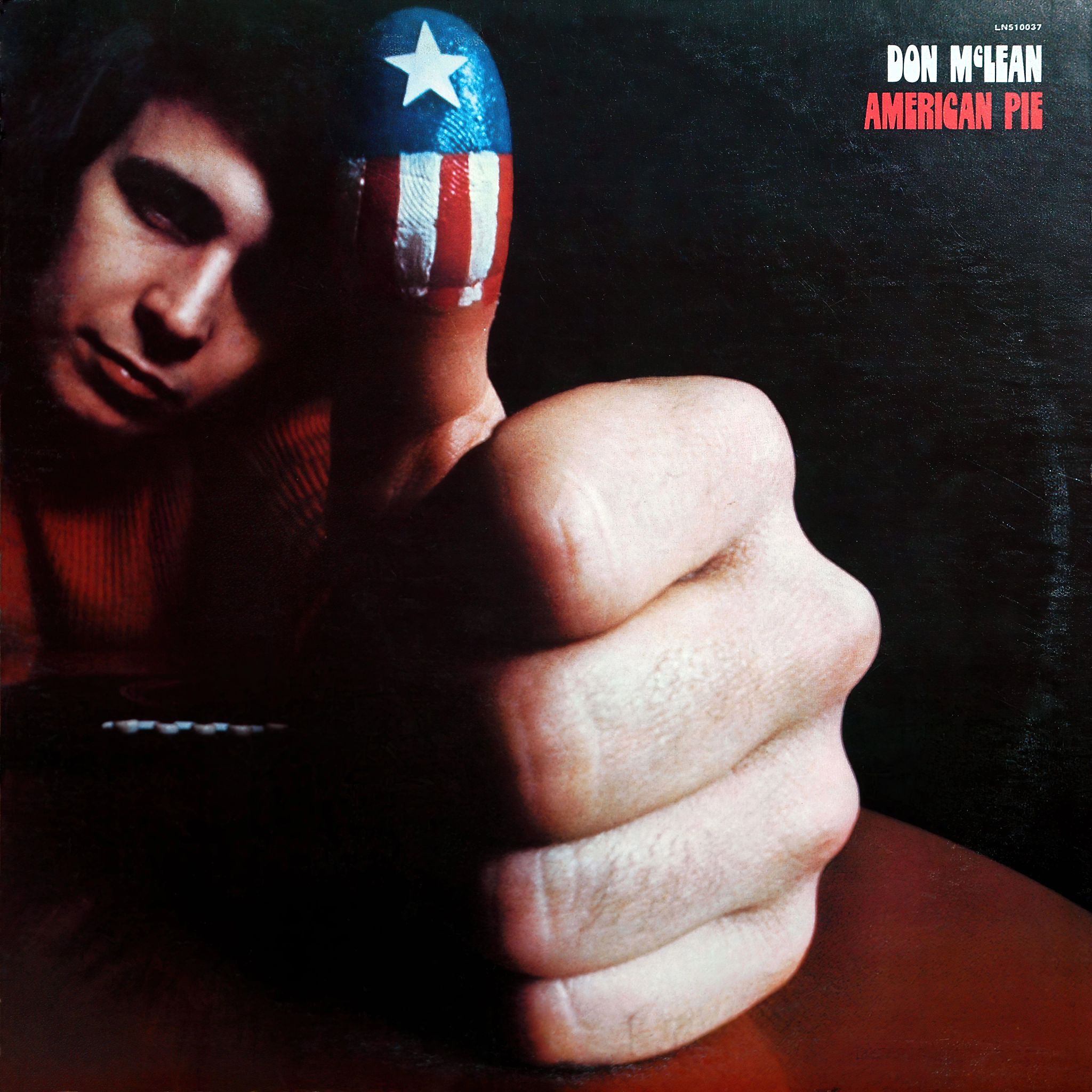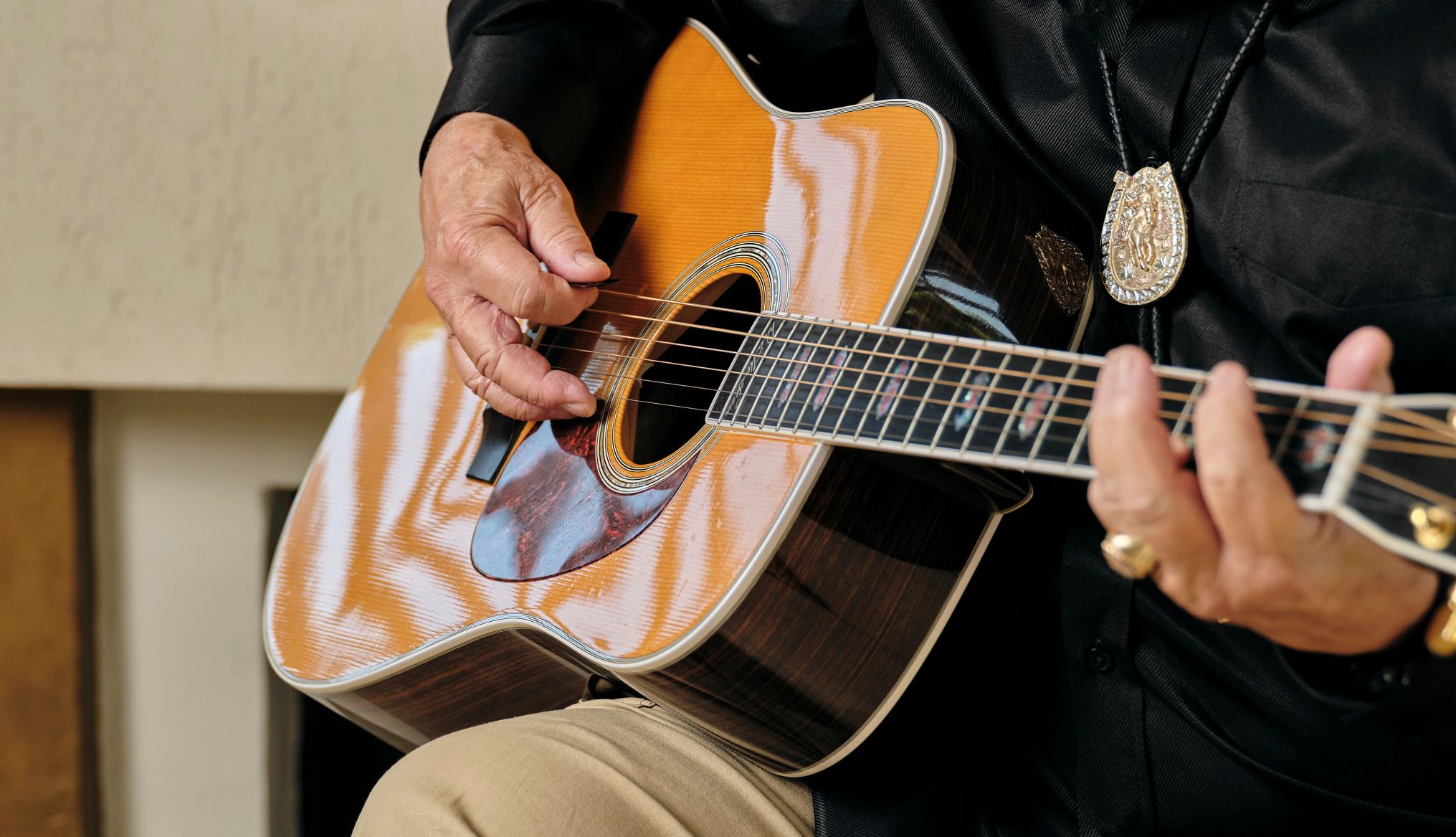AARP Hearing Center
About this series
For many people, there’s a day so memorable that it changes the rest of their lives or the way they view the world. Occasionally, the consequences are felt by all of us.
AARP Members Edition has gathered stories from people — some you know; others you will be fascinated to meet — who lived through such a day, “the day I’ll never forget.” Here’s our first installment.
I was born in 1945, and when I was growing up in New Rochelle, New York, I was ill much of the time with asthma. I was out of school for weeks at a time. It was horrible, in a way. I didn’t do the schoolwork. I didn’t know the kids. But I knew the Everly Brothers and Buddy Holly, and that’s all I cared about.
All the great rock ’n’ roll stars were on the radio: Little Richard, Fats Domino, Elvis Presley. I had an obsession with Buddy Holly. I lost myself in music and built this fantasy world around myself. One day a guy I knew showed me how to play three chords on a guitar: E, A and B seventh. Once I had those chords down, I could play almost all the songs on the radio. At the time, folk music was beginning to become the biggest thing. Young people were learning to play guitars and mandolins. Everybody was making their own music. I can’t tell you how perfect and wonderful it was. Young people were innocent. They weren’t cynical.
The only job I had at that time was as a paper boy. On February 3, 1959, I opened the newspapers and saw this news: three rock ’n’ roll stars killed in plane crash. It was as if a mule had kicked me in the chest. I cried, I think, sitting there looking at this. Buddy Holly, Richie Valens and J.P. “Big Bopper” Richardson had died. Buddy was my guy. The whole time I was delivering these papers, I was shocked. I just couldn’t believe it.


I went to school the next day, and I said to the other kids, “Did you know that Buddy Holly died?” The response was, like, “Oh. What time is football practice?” Nobody really cared. That was an indication to me that I was on my own.
I never stopped believing, and I never forgot the power of that moment. I have always kept Buddy in my heart. In those days, you couldn’t find out anything about anybody. There were no books about rock ’n’ roll stars, because they were not thought of as important enough. The only place you could find information was on the backs of their records, so I would go to the House of Music, the record store in New Rochelle, and read the backs of the albums. I remember when The Buddy Holly Story came out, after his death, reading about him in the liner notes on the back. He looked so handsome on the album cover with those black glasses.
The first album I made was called Tapestry. I was making that album in Berkeley, California, and there was a small riot every day we were making it. It was crazy. Things were happening in the country, and it was getting worse. We had assassinations throughout the decade. We had the war in Vietnam and rage against Nixon. The country was in what I later called “an advanced state of psychic shock.”
































































You Might Also Like
See Sam Waterston Recite the Gettysburg Address
Celebrate Independence Day with our exclusive content for membersTiger Woods Connects With His Military Dad
James Patterson’s book highlights how the golf pro worked out at his father’s old training ground
Veterans Share Their Haunting War Stories
Documentary by AARP Studios features critical battles in American warfare, told by soldiers
Recommended for You